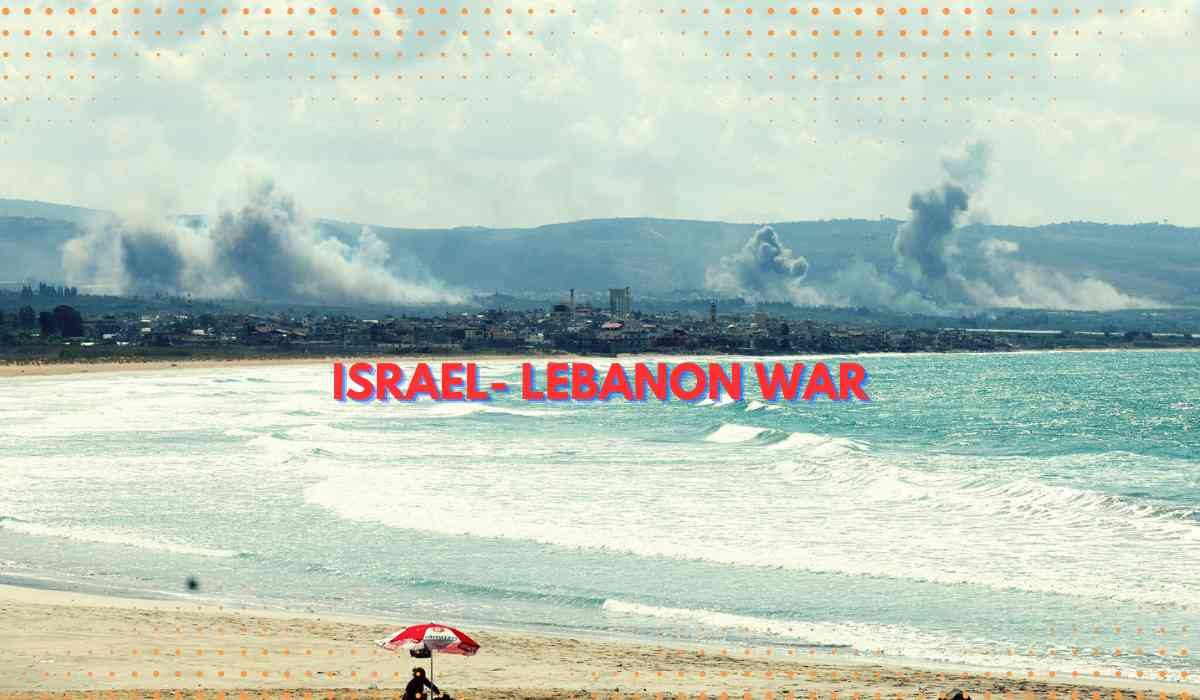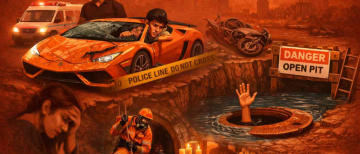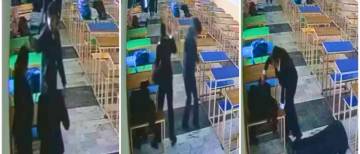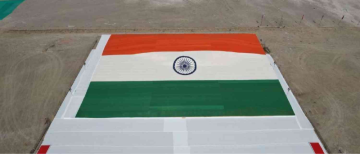The situation between Israel and Hezbollah continues to spiral out of control, with over 560 deaths reported in Lebanon as Israeli airstrikes intensify. As the region edges closer to all-out war, the impact on future generations, particularly in the Middle East, is becoming increasingly dire. This conflict, deeply rooted in decades of unresolved tensions, may leave scars that future generations will carry, reinforcing that history never truly fades.
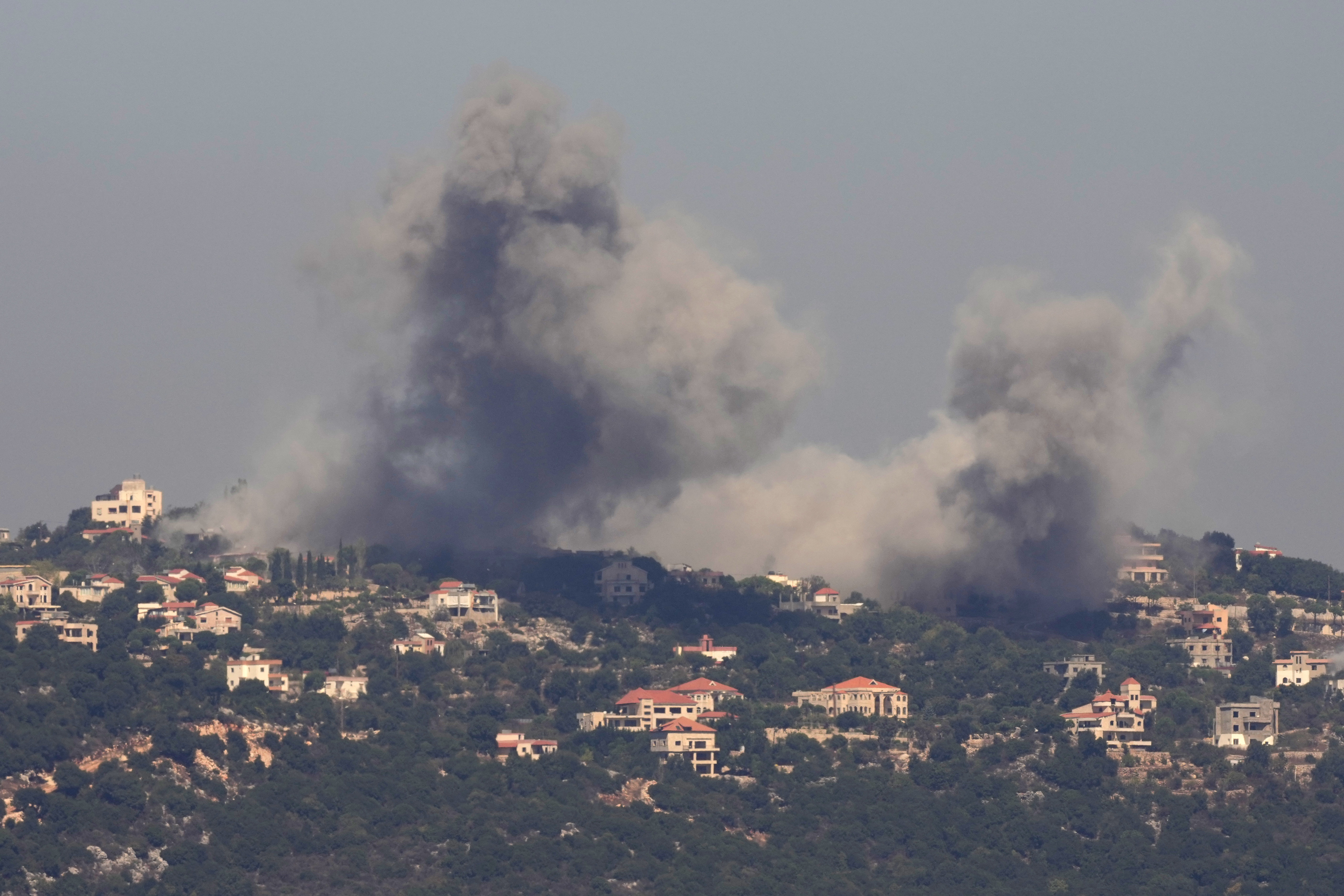
Lebanon city attacked, 25th Sept , PC: Reuters
Historical Context: The Burden of Past Conflicts
The Israel-Hezbollah conflict is not a new chapter but a continuation of a long-standing hostility that erupted into full-scale war in 2006. With Hezbollah’s deep ties to Iran and Israel’s advanced military capabilities, the region has seen repeated cycles of violence. Each flare-up only reignites the unresolved disputes between these factions, leaving behind a trail of destruction and loss. The scars of previous wars remain fresh for many families who have already endured the devastation of their homes and communities. For younger generations, this conflict serves as a reminder that peace remains elusive and the cost of political and territorial disputes is paid with their future.
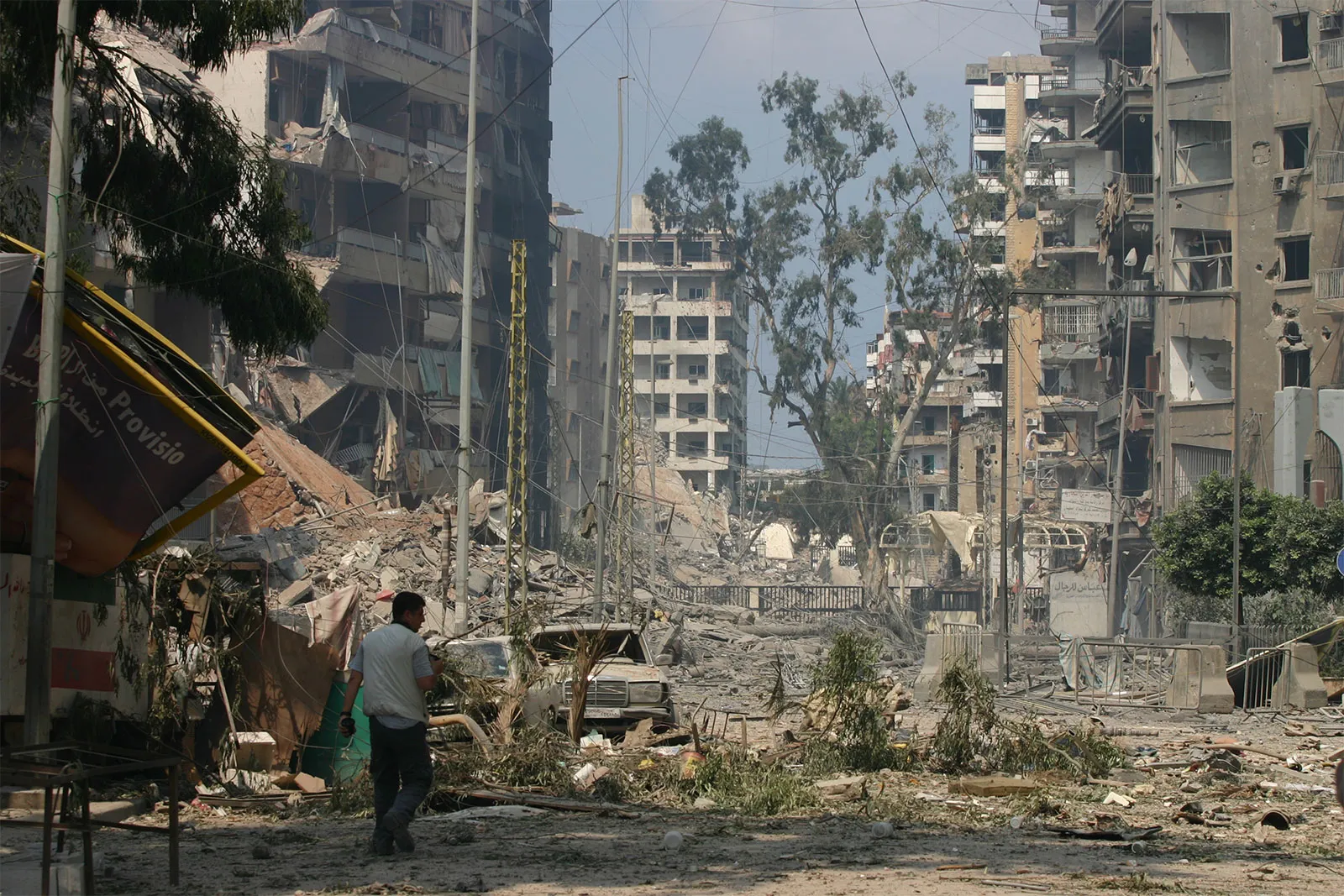
Bombing of Beirut by Israeli bombs,July 2006. PC: Britannica
For more, read: Iran Israel Conflict - Will this set the middle east on fire once again?
The immediate human cost: death and displacement
In the past two days alone, over 558 people have been killed in Lebanon, according to Lebanese Health Minister Firass Abiad. Many of these victims are children and women, further underscoring the humanitarian crisis at hand. Israel’s airstrikes have devastated entire communities, forcing thousands to flee from their homes in southern Lebanon to escape the violence. Schools and universities have been repurposed to shelter displaced families, but the immediate needs for food, water, and medical care far exceed available resources.
The UN’s peacekeeping force in Lebanon, UNIFIL, has expressed grave concerns over the escalating violence, stating that these attacks on civilians may amount to war crimes. The situation, they warn, could destabilise not just Lebanon but the broader region, bringing decades of fragile peace to an abrupt end.
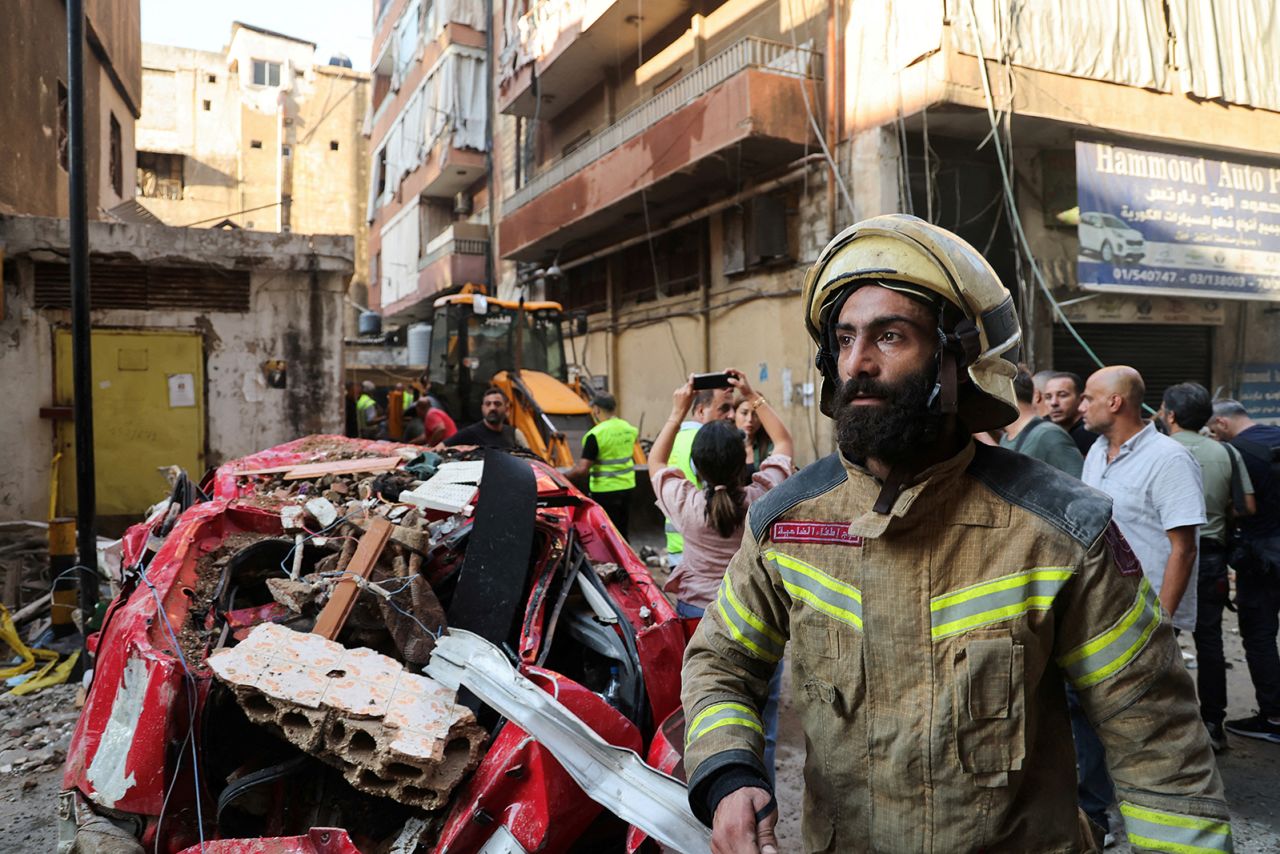
PC:Reuters
Long-Term Impact on the Middle East’s Youth
For the younger generation, the conflict represents more than just a period of violence—iit is the collapse of their future. The ongoing violence threatens to disrupt education, cause long-term psychological trauma, and make economic recovery increasingly difficult. Those who survive today’s bombings will bear the burden of rebuilding shattered societies, often with limited resources and a lack of international support.
Future generations in the Middle East may grow up with deep-seated mistrust, not just between Israelis and Lebanese but across the wider region. The historical narratives of previous wars continue to be passed down, leaving little room for reconciliation or dialogue.
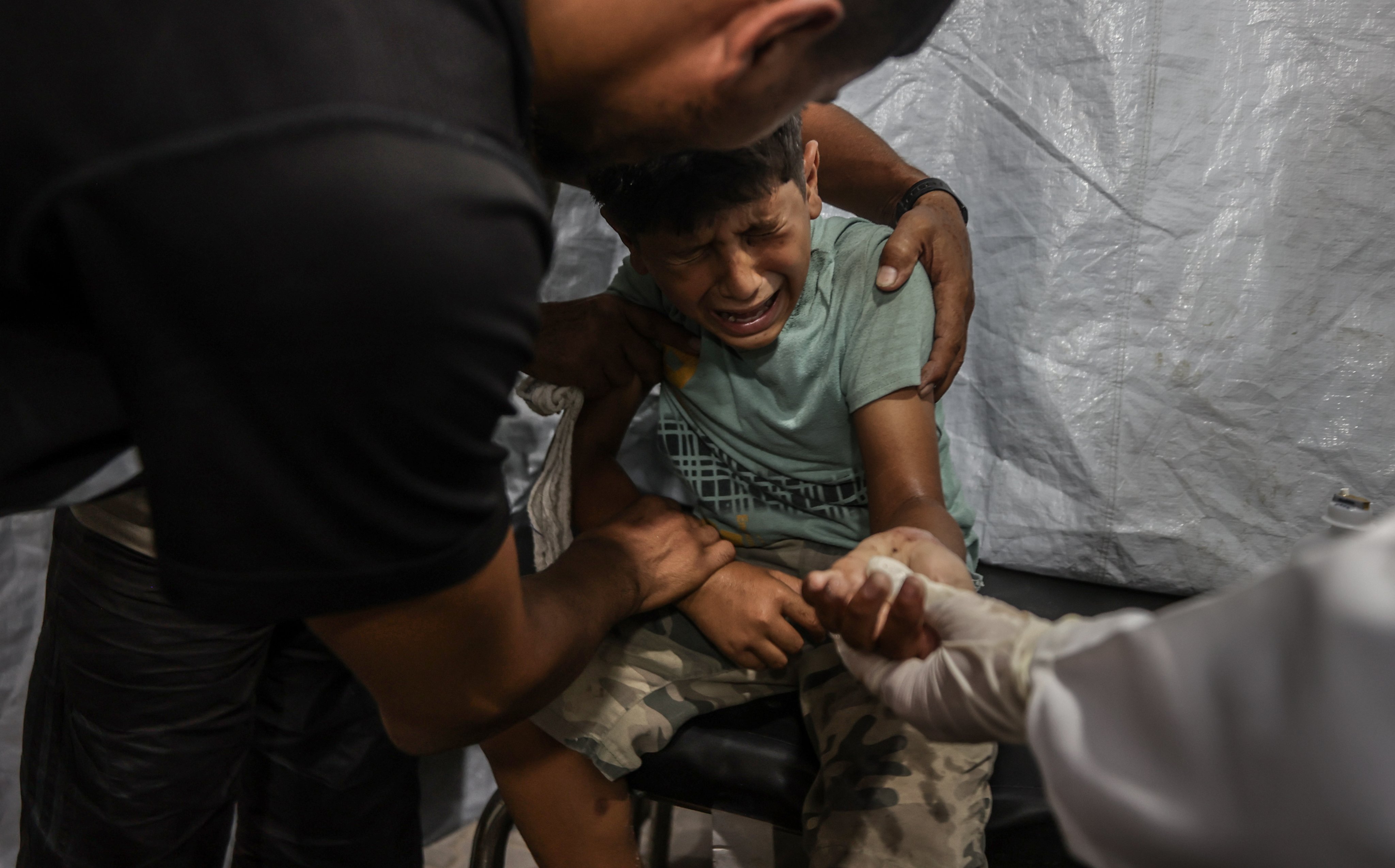
Hezbollah’s Farthest Strike: Deepening Hostilities
On Wednesday, Hezbollah launched its farthest missile strike yet, triggering sirens in Tel Aviv and other central Israeli cities. Though Israel intercepted the projectile with its Iron Dome defence system, this escalation underscores the dangerous trajectory the conflict has taken. In response, Israel conducted over 1,300 airstrikes targeting Hezbollah’s missile sites and command centers, further intensifying the violence.
Rear Admiral Daniel Hagari of the Israeli Defense Forces (IDF) warned that the army would do whatever is necessary to push Hezbollah’s forces back, including potential ground operations. Hezbollah, meanwhile, continues to retaliate with missile strikes, exacerbating fears of a full-scale war similar to 2006.
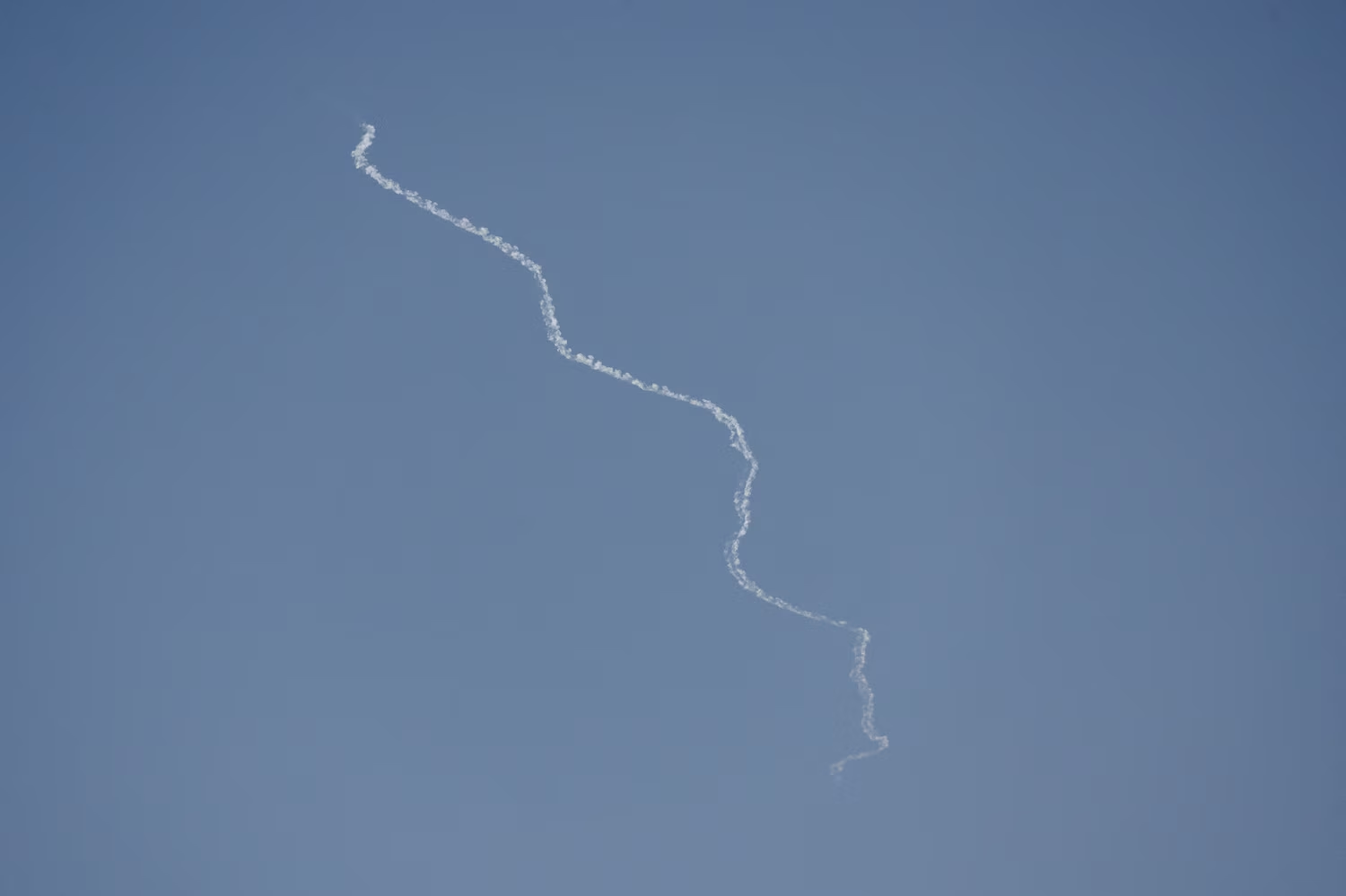
Israel's David's Sling system operates for interception as rockets are fired from Lebanon, as seen from Tel Aviv, Israel, Sept. 25, 2024.
PC: Reuters
Global reactions and diplomatic efforts
World leaders, including U.S. President Joe Biden and Turkish President Recep Tayyip Erdoğan, have weighed in on the conflict. While Biden has urged de-escalation and called for both sides to avoid war, Erdoğan has been far more critical of Israel, accusing them of “clear genocide” against the Palestinian people.
"I have met with the families of those hostages," stated US President Biden. Biden remarked, "I've grieved with them. "They're experiencing hell."
"Innocent civilians in Gaza are likewise going through hell," he continued. Countless people were slain, including relief workers. There are far too many displaced families living in tents and in a terrible humanitarian situation.
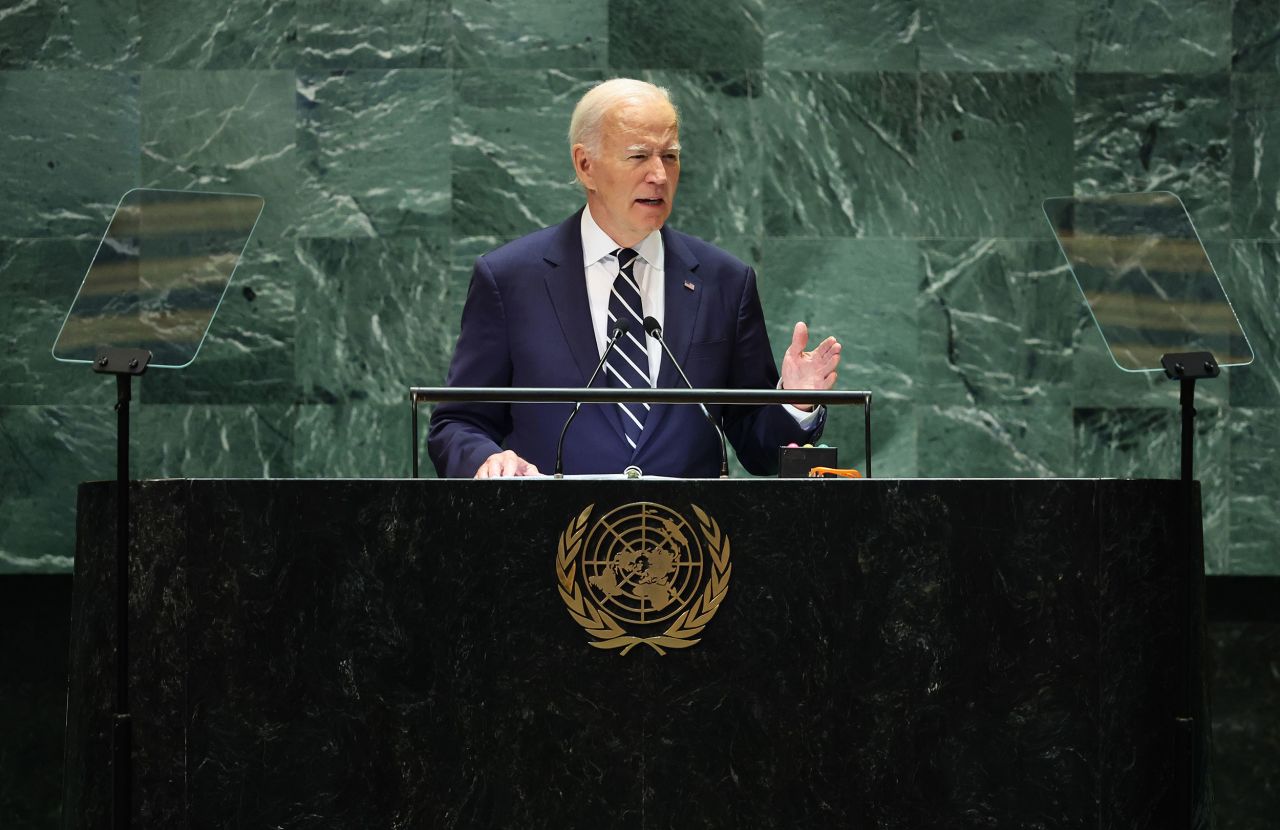
The U.N. Security Council has been slow to act, despite calls for immediate sanctions and interventions to prevent further civilian casualties.
Turkey’s president has compared Israel’s actions to historical atrocities, referencing Hitler and calling for an international alliance to stop the violence. The U.N. remains engaged in diplomatic efforts, but solutions are far from reach as both sides continue to escalate their attacks.
Cumhurbaşkanımız @RTErdogan:
“Hitler 70 yıl önce nasıl insanlığın ittifakıyla durdurulduysa Netanyahu ve cinayet şebekesi de insanlığın ittifakıyla durdurulmalıdır. BM Genel Kurulunun kuvvet kullanma tavsiyesinde bulunma yetkisi mutlaka değerlendirilmelidir.” pic.twitter.com/RgdD02hTY2— Erdoğan Dijital Medya (@RTEdijital) September 24, 2024
The Dire Outlook: A Region on the Brink
As experts have noted, there may be no alternative to a ground invasion if Hezbollah continues its assaults on Israeli territory. Israeli Prime Minister Benjamin Netanyahu has warned Lebanese civilians to leave their homes, promising that Israeli airstrikes will continue until Hezbollah’s forces retreat.
However, the possibility of a diplomatic solution remains slim, and there is growing concern that Iran and other regional players may enter the conflict, widening the scope of destruction. Iran’s involvement in supporting Hezbollah and other militant groups only adds another layer of complexity, making a peaceful resolution seem even more distant.
_1727261946.webp)
Conclusion: History’s Repetition and the Human Toll
The Israel-Hezbollah conflict is yet another tragic reminder that history’s lessons are often forgotten. The violence witnessed today echoes the wars of the past, with future generations paying the ultimate price. As international powers stand by, the human toll in Lebanon and Israel continues to rise, leaving behind a legacy of trauma and loss for the next generation to inherit.
The future of the Middle East—and indeed the world—rests on the ability of these nations to break free from the cycles of violence and find a path toward lasting peace. But for now, it seems that history is doomed to repeat itself, with humanity, especially the youth of the Middle East, bearing the heaviest burden.
With inputs from agencies
Image Source: Multiple agencies
© Copyright 2024. All Rights Reserved Powered by Vygr Media.

